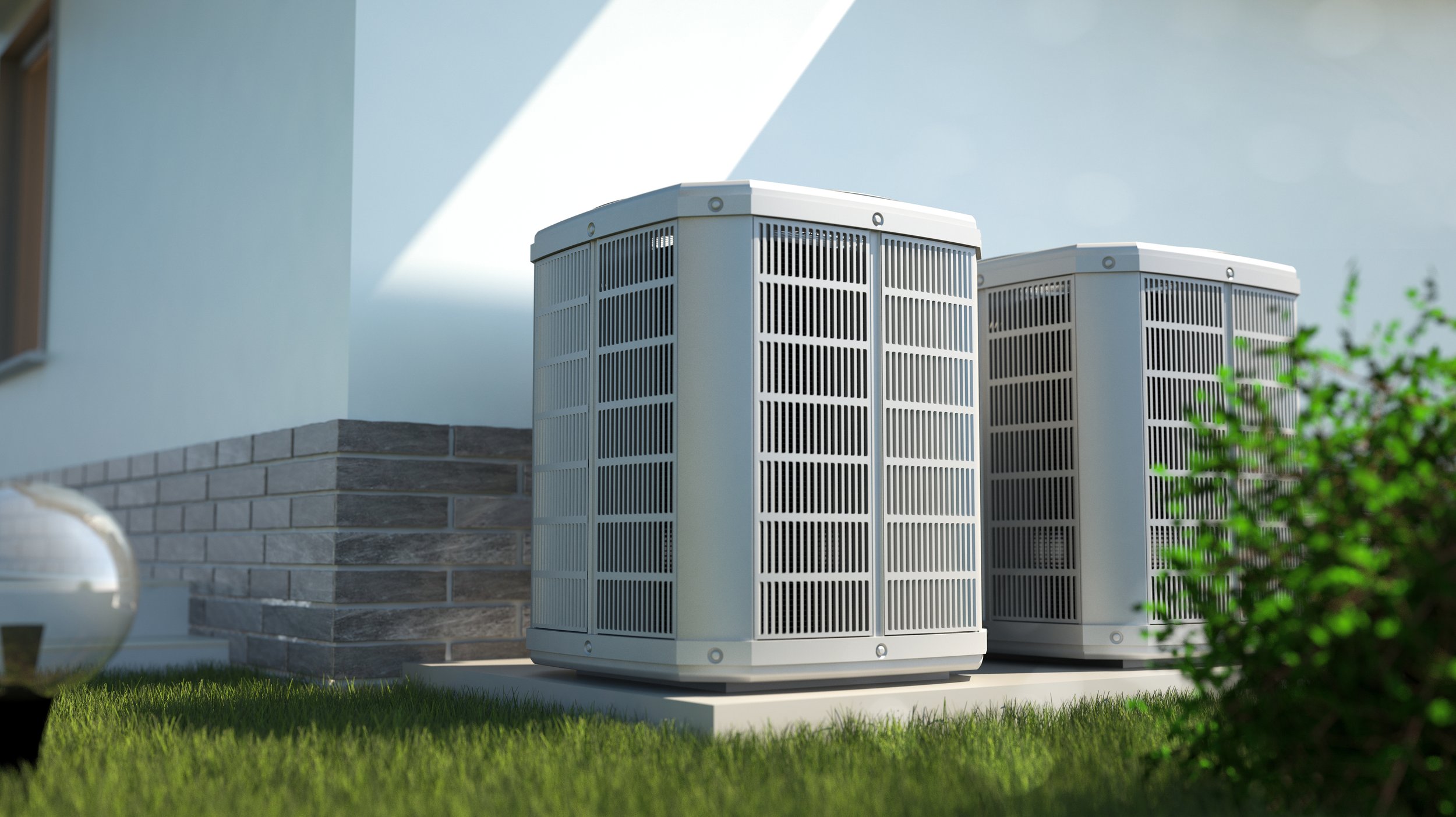Heat Pump Installation in Vancouver, Washington
As temperatures shift across the Pacific Northwest, homeowners in Vancouver, WA are looking for reliable and energy-efficient HVAC solutions. One of the most popular upgrades? Heat pump installation in Vancouver, WA.
Whether you're upgrading from an old furnace or replacing a worn-out air conditioner, heat pumps offer an efficient way to heat and cool your home year-round. And with rising energy costs, now is a great time to consider making the switch.
Why More Homeowners Are Choosing Heat Pumps
Heat pumps are unique because they don’t create heat—they move it. In the winter, they pull heat from the outdoor air to warm your home. In the summer, they do the opposite, removing heat from inside and pushing it outside to cool your home.
Because they run on electricity and don’t burn fuel like a furnace, they’re more environmentally friendly and incredibly energy efficient.
At Miller’s Heating & Air, we’ve installed thousands of heat pumps in Vancouver, WA, and homeowners love them for:
Year-round heating and cooling from one system
Lower energy bills
Quiet operation
Long-term comfort and savings
Eligibility for federal tax credits and local rebates
Thinking About Replacing Your Old System?
If you’ve been Googling AC repair Vancouver WA or HVAC repair near me multiple times this year, it may be time to look beyond repair. Upgrading to a heat pump system helps you:
Avoid frequent service calls
Improve energy savings
Replace your outdated furnace or AC with a modern heating and cooling system that saves energy and simplifies your setup.
Get ahead of rising repair costs
We can help you compare repair vs. replacement and recommend the best solution for your home.
What to Expect During Heat Pump Installation
Here’s how a typical heat pump installation in Vancouver works:
In-Home Consultation
We assess your current system, home size, ductwork (if any), and your comfort goals.
System Selection & Sizing
A qualified HVAC contractor will choose the right system size to ensure maximum comfort and efficiency—no underpowered or oversized systems.
Installation of Indoor & Outdoor Units
We install both the indoor unit (in the attic, utility closet, or wall-mounted) and the outdoor unit, which draws or releases heat.
Electrical & Refrigerant Connections
We handle all hookups and ensure the unit is operating safely and to code.
Testing & Smart Thermostat Setup
We test your system and help you set up a compatible thermostat for optimal energy savings and precise temperature control.
Ducted and Ductless Options Available
We install both ducted systems and ductless heat pumps in Vancouver, WA. For homes without existing ductwork—or for spaces like converted garages, ADUs, or sunrooms—ductless mini-split systems are a flexible and efficient option.
These systems are ideal for:
Zoned heating and cooling
Add-ons or remodeled spaces
Older homes with no ducts
Homeowners seeking energy saving solutions
Post-Installation: Protect Your Investment
Your heat pump only needs one HVAC service per year to stay in peak condition. During this visit, we’ll:
Clean coils
Check refrigerant levels
Inspect electrical components
Ensure the system is ready for both summer and winter
Looking for regular maintenance or emergency HVAC system repair? Our team has been serving the Vancouver area for over 75 years, and we’re always just a call away.
🔧 Frequently Asked Questions (FAQ)
Q: How much does heat pump installation in Vancouver, WA cost?
A: It depends on the system size, home layout, and whether it’s ducted or ductless. Most homeowners pay between $5,000–$12,000 before rebates. We offer free estimates to help you plan.
Q: Do heat pumps work in cold Vancouver winters?
A: Yes! Cold-climate heat pumps are designed to perform efficiently even in freezing temperatures. Many homes in Vancouver now rely on them year-round.
Q: What’s the difference between a ducted and ductless heat pump?
A: A ducted heat pump uses existing air ducts to distribute air. A ductless heat pump in Vancouver, WA uses individual indoor units mounted in rooms, great for zoned comfort or homes without ductwork.
Q: Can I replace my old AC with a heat pump?
A: Absolutely. If you’re dealing with air conditioner repair in Vancouver WA frequently, replacing it with a heat pump gives you cooling and heating in one efficient system.
Q: What’s the benefit of a mini-split system?
A: Mini-split systems offer room-by-room control, better energy efficiency, and no ductwork. They’re perfect for specific rooms or additions.
Post Install Maintenance
It's crucial to have your heat pump routinely maintained by a qualified technician to keep it operating successfully and efficiently. With over 75 years experience, we are here to expertly take care of your HVAC system and home comfort.
Schedule Your Heat Pump Installation in Vancouver, WA
If you’re searching for HVAC service near me, Miller’s Heating & Air is your trusted local expert. Whether it’s heat pump installation in Vancouver, a ductless upgrade, or air conditioner repair in Vancouver WA, we’ve got you covered.
Take advantage of today’s rebates, save money long-term, and enjoy year-round comfort. Contact us today for a free quote and consultation.


